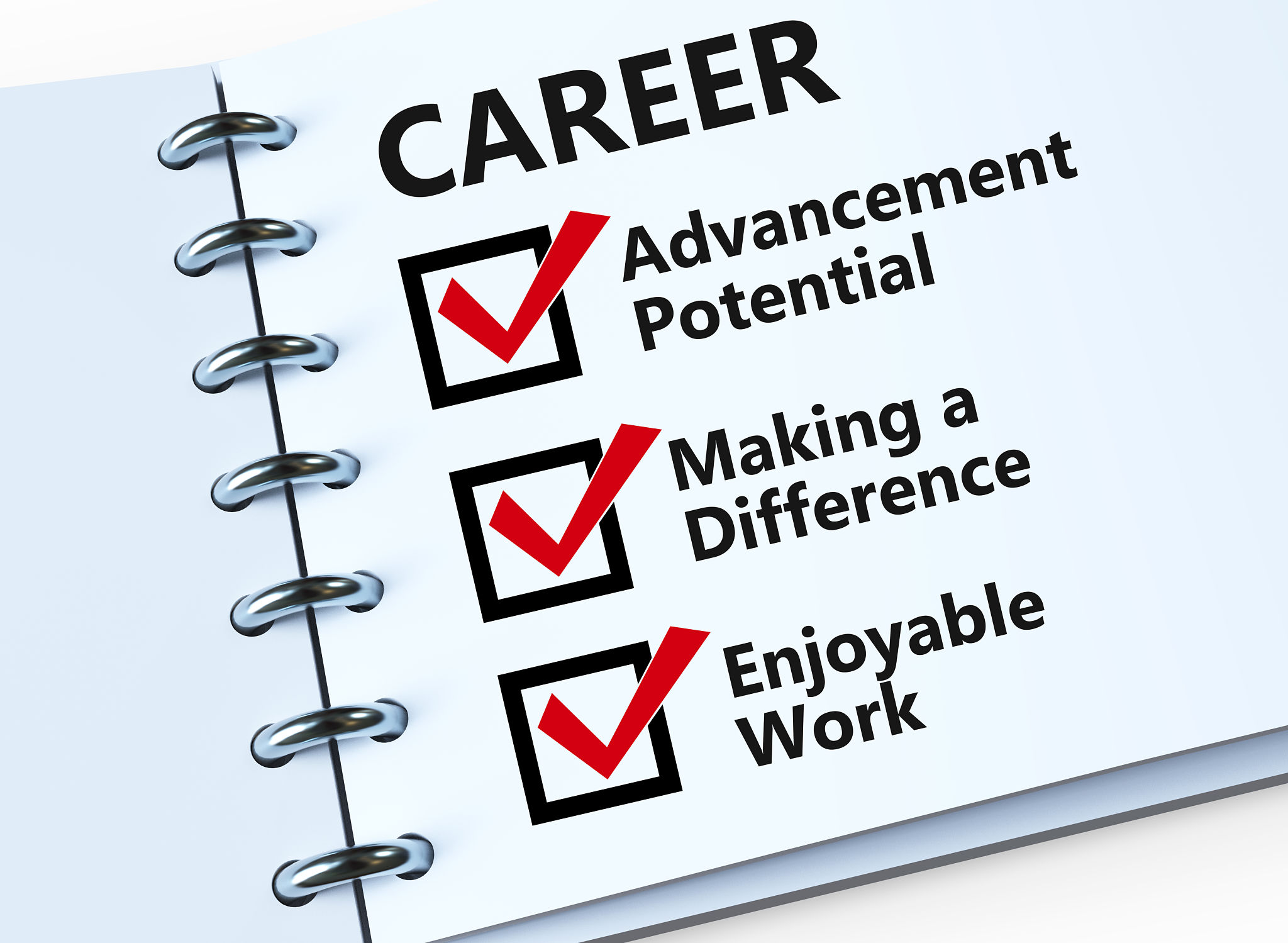Mastering Self-Assessment Tools for Career Growth
Understanding the Importance of Self-Assessment
In today's fast-paced professional world, career growth is not just a desire; it is a necessity. One of the key components to achieving sustained career progression is understanding your strengths, weaknesses, and areas for improvement. This is where self-assessment tools come into play. These tools help individuals gain insight into their personal and professional capabilities, guiding them toward making informed career decisions.
Self-assessment tools come in various forms, including personality tests, skills assessments, and career interest inventories. These tools are designed to provide a comprehensive analysis of your current skill set and potential career paths. By leveraging these tools, you can align your personal goals with professional opportunities, creating a roadmap for success.

Types of Self-Assessment Tools
There are numerous self-assessment tools available, each serving a unique purpose. Understanding the different types can help you choose the one that best fits your needs. The three main categories include:
- Personality Tests: These assessments, such as the Myers-Briggs Type Indicator (MBTI), help you understand your personality traits and how they influence your work style and interactions.
- Skills Assessments: Tools like the Skills Matcher identify your current competencies and suggest areas for improvement or new skills to acquire.
- Career Interest Inventories: Assessments like the Strong Interest Inventory explore your interests and how they relate to various career options.
The Power of Personality Tests
Personality tests are a popular choice among professionals looking to understand their intrinsic traits. These tests offer insights into your behavior, preferences, and communication styles. By recognizing these aspects of your personality, you can enhance your workplace interactions and contribute more effectively to team dynamics.

Enhancing Skills with Skills Assessments
Skills assessments are invaluable for identifying gaps in your knowledge or expertise. They provide a clear picture of your current capabilities and highlight areas that require development. By focusing on these areas, you can enhance your skill set, making you more competitive in the job market.
Moreover, skills assessments can also guide you in exploring new fields or roles that align with your strengths. This proactive approach to skill development ensures that you remain relevant in a constantly evolving professional landscape.

Implementing Insights into Career Planning
Once you've gathered insights from various self-assessment tools, the next step is to integrate this information into your career planning. Start by setting clear, achievable goals based on your assessment results. Whether it's acquiring a new skill, seeking mentorship, or exploring new job opportunities, having a plan in place is crucial for progress.
Create a timeline for achieving these goals and regularly review your progress. Adjust your strategies as necessary to ensure that you remain on track for career growth. Remember, self-assessment is an ongoing process; continually reassessing your skills and goals will help you stay adaptable in your career journey.
The Role of Feedback in Self-Assessment
Feedback plays a critical role in the self-assessment process. While self-assessment tools provide valuable insights, external feedback from peers, mentors, or supervisors can offer a different perspective on your strengths and areas for improvement. Combining self-assessment results with feedback can paint a more comprehensive picture of your professional capabilities.
Actively seek feedback and be open to constructive criticism. Use this information to refine your goals and strategies for career advancement. By embracing feedback as part of the self-assessment process, you'll be better equipped to navigate your professional landscape with confidence.

Conclusion: A Continuous Journey
Mastering self-assessment tools is not a one-time event but a continuous journey towards personal and professional growth. By regularly evaluating your skills, interests, and personality traits, you can make informed decisions that align with your career aspirations. Remember that the road to career growth is dynamic; staying proactive and adaptable will ensure long-term success in any field.
